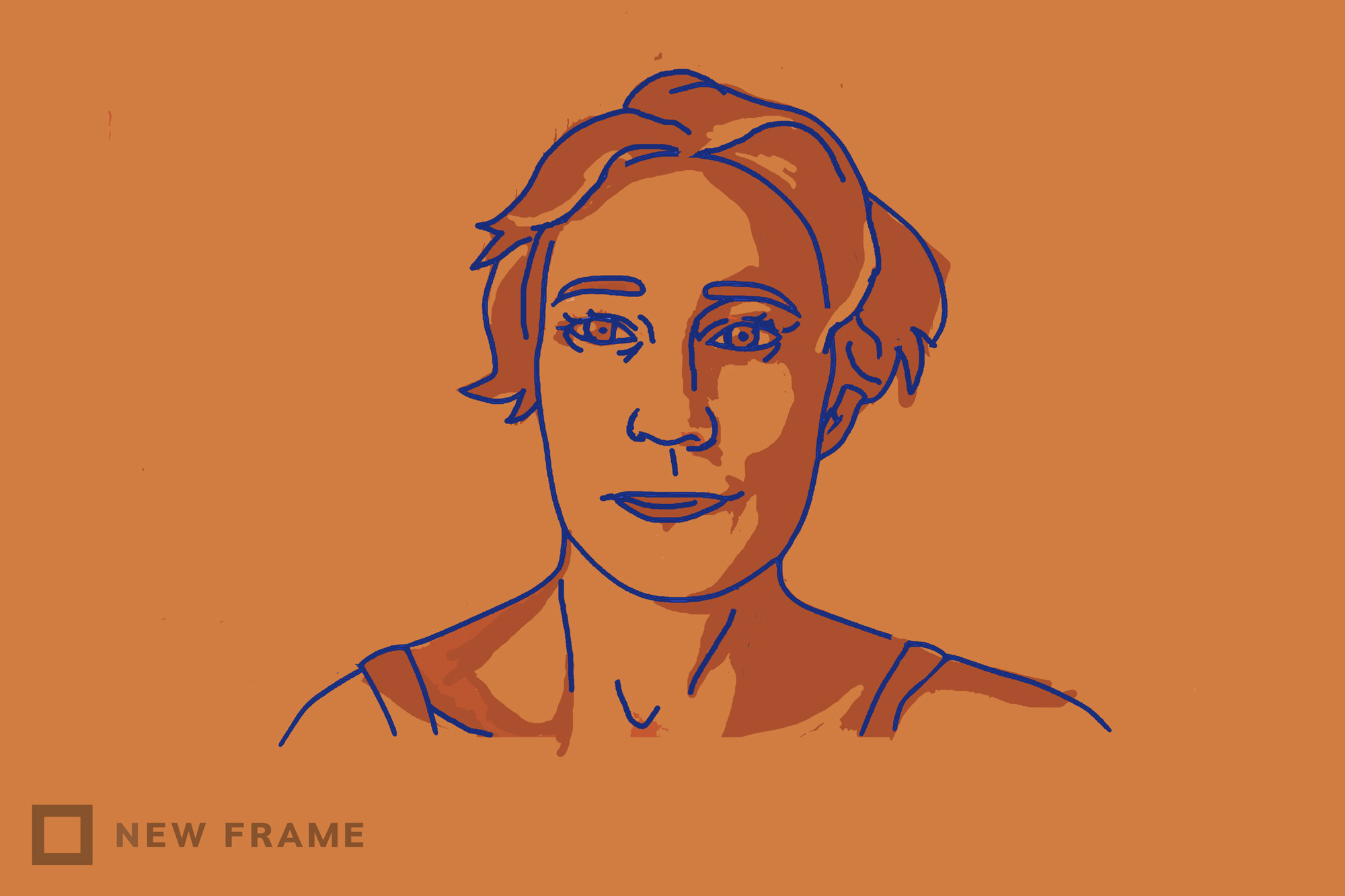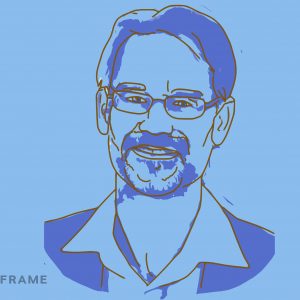No equality without redistribution
In the fourth part of our New Frame, New Economy forum on inequality, Isobel Frye points to the lack of meaningful redistribution post-1994 as a cause of South Africa’s extreme inequality.
Author:
19 May 2021

The only way to understand how we continue to ignore inequality in South Africa is by remembering how long apartheid endured.
The only way to understand how South Africa continues to be scarred by such profound inequality is by remembering how long apartheid endured. The finest Constitution in the world seems to be of little help, and our militant pre-1994 leadership is now part of the establishment.
We are living on borrowed time.
Inequalities erode the stretched social fabric that we committed to build after the defeat of apartheid, and the elephant in the room is always the question of redistribution. Murray Leibbrandt’s article, however, disappointingly leaves redistribution as just that, an elephant in the room.
Taking distribution out of redistribution
South Africa’s redistributive fate was cast in Section 25 – the property clause – of the Constitution. Despite a preamble that “recognises the injustices of our past”, South Africa’s founding document did not prioritise the redistribution of apartheid wealth.
Around the same time, the policy principle of “growth through redistribution” in the Reconstruction and Development Programme gave way to the failed neoliberal idea of “redistribution through growth”, which characterised the Growth Employment and Redistribution strategy.
Related article:
Brazil, as Leibbrandt points out, was riddled by similar levels of inequality at the time. Where he is unfortunately silent, however, is on how the two countries responded. Where South Africa liberalised its economy, Brazil lifted millions out of poverty through well-targeted redistributive policies under its then president, Luiz Inácio Lula da Silva.
South Africa’s resulting failure to redistribute led directly to its failure to grow. As monetary policy will tell you, economic growth is a factor of the circulation of money. Put simply, if 67% of South Africa’s income sits in the hands of 10% of the population – and it does – that money will not circulate as much as it would if it sat in the hands of the remaining 90%.
But if South Africa’s inequality is a function of its economic regression, it has also killed off the country’s middle class. The middle class should have been the driver of growth. But redistribution in South Africa has happened from the middle classes to the top 10% through low tax burdens on the elite relative to the middle classes, and to the poorest 30% through redistributive social grants. We have killed the golden goose.
Related article:
And so, according to the 2018 World Inequality Report, while the top 10% of South Africans live very much like their European counterparts, the lot of the bottom 16% of Europeans is comparable to the lot of the bottom 90% of South Africans.
This warped nature of inequality in South Africa has two dominant characteristics that speak to our past and should be pillars for immediate corrective policy. The first is that the difference in wages is a greater driver of income inequality than unemployment.
The second is that income from wealth contributes more to the income of the top 10% than wages. But despite clear data linking this current accumulation to inherited wealth, top incomes are not heavily taxed and wealth persistently escapes grand scrutiny let alone taxation.
Profits over people
Globally, inequality has been on the rise with the unapologetic ascendency of neoliberal social, economic and political theories and policies.
The growth of Western democracies owes much to the state’s redistribution of surplus and services after World War II. But these functions have weakened since the state’s role was replaced by profiteering of the private sector in the latter part of the 20th century under the political aegis of Ronald Reagan and Margaret Thatcher.
Related article:
It took the financial crisis in 2008, precipitated by the unchecked greed of globalised financial markets and shareholders, to get mainstream thinkers to rethink the wisdom of letting profits prosper over people. Since then, however, people have begun to follow the money. Wall Street was occupied and the indecency of money was exposed. Thomas Piketty, the sage of global inequality, was even feted as a prominent guest in South Africa, delivering the annual Nelson Mandela lecture in 2015.
Yet policy makers and politicians appear to have completely ignored Piketty’s dire warnings for the country’s future. Instead, the government decided that the best way to raise money in the midst of state capture, under then finance minister Malusi Gigaba, was to raise VAT – a regressive levy that taxes the impoverished at the same rate as the rich – in 2018.
The Cabinet accepted this. So did Parliament.
Outrage should be our only response
Which brings me to Leibbrandt’s article.
Inequality speaks directly to distribution and so to issues of fairness, which involve normative judgements on our society. We cannot speak about inequality without engaging in the soundness of the system. Otherwise, all we do is generate white noise.
Inequality is unfair and it offends both constitutional rights and morality. That must be said, always. Leibbrandt, unfortunately, says much without delivering a judgement with any sense of outrage.
His article does raise critical issues. The emphasis on South Africa’s lack of social mobility, for instance, conjures up then president Thabo Mbeki’s 2003 description of South Africa’s economy as a double-storey house without a staircase. But without a Marxist analysis of the aim of mercantile capitalism and colonial expansion, or of apartheid’s racial capitalism, South Africa’s inequality is not put in its proper context.
And context is everything.
Related article:
Tunisia should be an instructive case for us. Hailed by many, including in the South African government, as the poster child for poverty reduction in the 2000s, reforms in that very unequal country targeted poverty. But while absolute poverty was reduced, inequality was not. It was the unacceptable fact of inequality that eventually led to the toppling of then president Zine El Abidine Ben Ali in the Jasmine Revolution of 2011.
South Africa, similarly overrun with the bleakest inequality anywhere on the planet, has increased taxes on impoverished people while its economic and political elites have supported and sustained each other.
We need to be honest about poverty and inequality. Neither are inevitable. Both are the result of policy choices and priorities. And there are better steps we should be taking.
A national plan on inequality as per the United Nations Sustainable Development Goal on inequality, for instance, which addresses income and wealth inequalities with clear targets and progress markers, should be developed. Such a development would be a clear commitment to dealing with inequality in reality. The fundamentals that govern tax policy should also be unpacked, and wealth must be taxed while surplus incomes are taxed more progressively.
The wealth of the country must be shared by all. It’s as simple as that.
Correction, 19 May 2021: This article previously stated that President Zine El Abidine Ben Ali was toppled in 2013 in the Jasmine Revolution. He was ousted in 2011.




